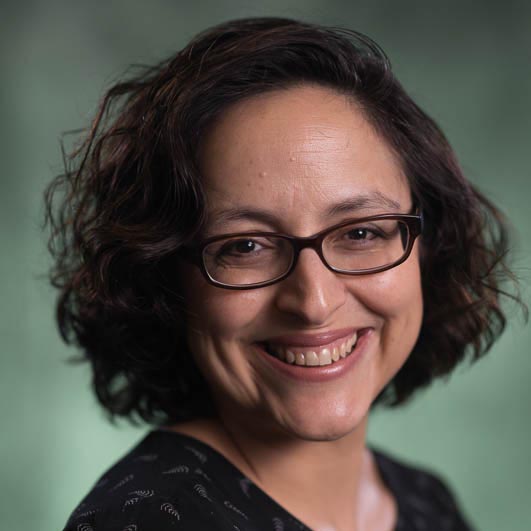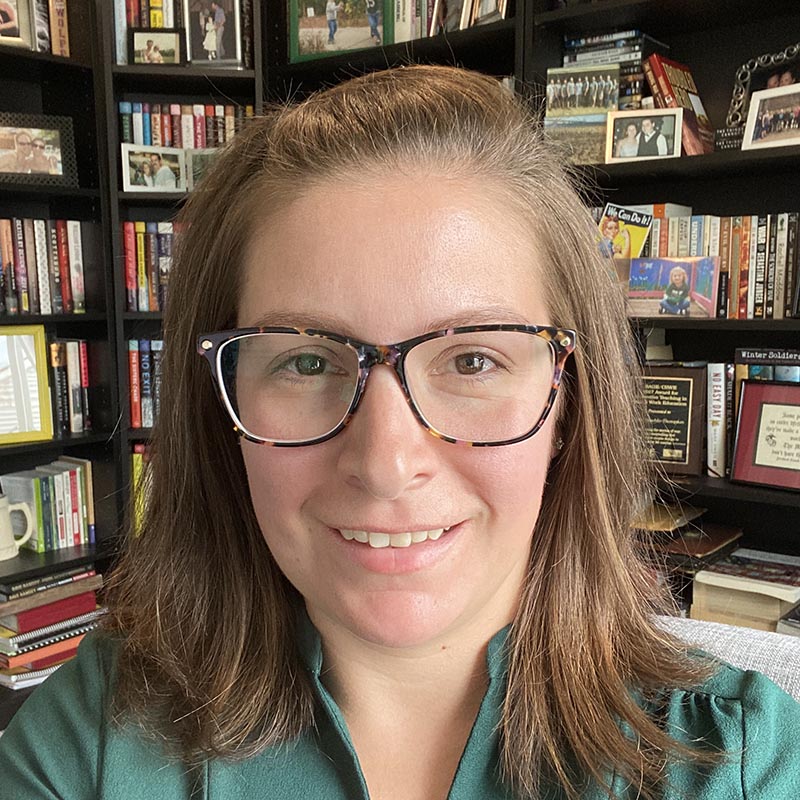MSU experts examine addiction challenges facing veterans
September 16, 2025 - Brandon Drain

Many military veterans face a unique set of challenges when returning home and reintegrating into civilian life—including struggles with substance use disorders (SUD).
Substance use disorder is a chronic, relapsing condition marked by compulsive substance use despite harmful consequences.
 Veterans experience substance use disorder at higher rates than the general population, shaped by unique factors such as combat exposure, trauma, and military culture, said Pilar Horner, a researcher at Michigan State University’s School of Social Work. “Understanding these factors is critical for providing effective treatment, preventing relapse, and ensuring veterans can access the care and support they deserve,” she continued.
Veterans experience substance use disorder at higher rates than the general population, shaped by unique factors such as combat exposure, trauma, and military culture, said Pilar Horner, a researcher at Michigan State University’s School of Social Work. “Understanding these factors is critical for providing effective treatment, preventing relapse, and ensuring veterans can access the care and support they deserve,” she continued.
In terms of treatment, “One size does not fit all with this population,” said Tina Thompson, coordinator of MSU’s Combat Veterans Certificate. “Providers need proper training, which includes exposure to the realities of serving in the military (and in combat) to deepen empathy and compassion.”
The Council on Social Work Education is facilitating a five-part webinar series to explore ethics and boundaries for substance use professionals, harm reduction, special populations and the role of social work in emergency response for substance use related issues. 
Both Horner and Thompson will host a webinar discussing the intersection of substance use and veteran status, examining the impact of post-traumatic stress, moral injury, and systemic barriers to care.
Some of these barriers to care are woven in the fabric of military culture itself, like alcohol consumption as a coping mechanism. “This ‘coping’ mechanism doesn’t disappear when they leave the service either,” said Thompson.
Another barrier in military culture is the “emphasizes self-reliance and stigma around seeking help, which can delay treatment,” said Horner.
Veterans also face obstacles navigating the U.S. Department of Veterans Affairs (VA) for assistance.
“Many people don’t realize that VA care is not automatic or guaranteed,” said Thompson. “The types of services one is eligible for varies by discharge status, disability rating, income level, and whether one’s disability is service connected.” At times, securing services can take well over a decade, she continued.
Medication for opioid use disorder (MOUD), particularly buprenorphine and methadone, has shown the most promise, especially when combined with counseling and peer support, said Horner.
“Studies indicate that veterans engaged in MOUD are less likely to relapse, have fewer hospitalizations, and experience improved overall functioning compared to those without access to MOUD,” she said. “Integrating trauma-informed care and veteran-specific programs further enhances outcomes. When combined with cognitive therapies such as CBT, this offers a stronger approach to addiction care.”
In addition to medical intervention, Thompson stresses the importance of social workers having cultural competence.
“Veterans are a pretty quick judge of providers in terms of whether social workers have any specialized knowledge/training,” said Thompson. “Without this, it can be really difficult to build rapport, and veterans might not return for care.”
Horner and Thompson’s webinar, Addiction and Veterans, will launch Sept. 23, 2025, at noon ET. The duo seeks to deepen provider’s overall understanding of the unique circumstances veterans face, and showcase evidence-based, trauma-informed approaches to best serve those who served their country.
“Veterans don’t want sympathy or pity, nor do they want a civilian claiming to be ‘expert’,” said Thompson. “As civilian providers, we must humble ourselves and allow ourselves to learn from the veterans we serve. Healing happens through connection.”
Dr. Pilar Horner’s work grew out of her involvement with the Michigan Collaborative Addiction Resources & Education System (MI-CARES) project and the summer class she directs, which trains social work students in addiction practice. This initiative builds on her collaboration with Dr. Cara Poland, a board-certified addiction medicine physician in the Department of Obstetrics, Gynecology & Reproductive Biology at Michigan State University’s College of Human Medicine.

